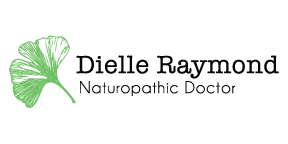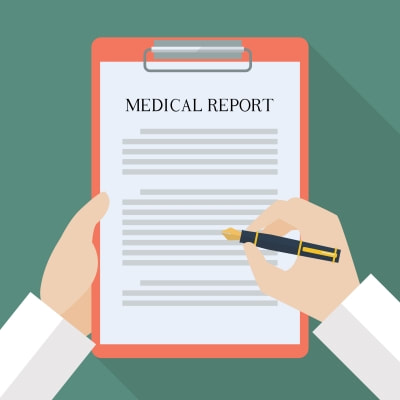|
When you visit a complimentary healthcare practitioner, make sure you know what you're getting! Let's get one thing straight right away. This post is NOT about people visiting reflexologists, health coaches, shamans, etc. Many of these people enrich our lives so very much! This post IS about people who advertise healthcare in such a way as to make you feel like you're going to receive medical advice, visit a clinic, get a prescription, etc. Why Am I Worried? The danger comes when people without adequate training start giving medical advice or recommending supplements. This can be very dangerous! For example, it is not uncommon for people who are taking antidepressants to do some reading and learn about the potential benefits of the plant St. John's Wort. St. John's Wort is amazing! In fact, it is has been proven to have similar efficacy to antidepressants in mild and moderate depression, without a lot of the side effects. However, it can cause something called 'Serotonin Sickness' when combined with antidepressants, and that can be fatal. One of the most challenging aspects of my work is that I'm not only treating the individual, but I'm also continually making sure that I'm not prescribing anything that interferes with their prescription drugs and medical conditions. I have a lot of training that I use to navigate this challenge. What To Look Out For When Seeking Help With Your Health: Common titles I see thrown around in Ontario are 'Naturotherapist' or 'Doctor of Natural Medicine.' Both of these things are just businesses that give people certificates, without any additional requirements. For example, the 'Academy of Naturopaths and Naturotherapists of Canada' simply asks you to send money and 'attestations, diplomas, credentials or, certificates' to them and, voila, you're 'certified.' [http://www.acnn.ca/en/procedure-to-be-followed/]. Regulated Professions: Here are the professions that Ontario regulates. If you click on any of those professions, you'll see when they became regulated, and the College that does so. (Just a little bit of background info - Ontario asks these professions to 'self-regulate,' which means that there are a lot of rules, regulations, and oversight, but the province doesn't pay for the regulation itself.) As a rule, you should be able to trust these professionals to meet their professional standards, which are high.
Another worrisome thing I'm seeing is people being given supplements by representatives from online companies, particularly multi-level marketing companies. For example, the worst product I've run across is/was called 'Zija XM,' which was filled with a dangerous combination of stimulants, including a form of ephedra! I had a number of patients experience troubling heart rate and rhythm problems on this supplement. One of the issues with these companies is they make their representatives over-confident that they are equipped to offer medical advice. They're not. In Summary: There are still grey areas. For example, there is not a regulatory college for Herbalists (the use of medicinal plants), which is a time-tested and valuable discipline. In fact, it is one of the modalities I use in my practice, and I love it! Generally, if you're looking for a good herbalist, I would recommend seeking out someone who has years of experience in herbalism or, if you run across a younger person, someone who is registered with the Ontario Herbalists Association. It's not full regulation, but the association is in place to help ensure you see someone competent! When in doubt, ask a lot of questions! Someone you're paying to help you should be able to clearly outline their training and experience in a way that makes you feel comfortable. Don't get distracted by fancy titles or certificates, they may be just that - a distraction. Image courtesy of Sira Aamwong at FreeDigitalPhotos.net
0 Comments
Leave a Reply. |
AuthorDr. Dielle Raymond, ND Archives
March 2020
Categories |
This website is intended for educational purposes only. There are no contents on this website that are intended to provide medical advice, diagnosis, or treatment. Copyright ©2023 Dr. Dielle Raymond, ND. All Rights Reserved.


 RSS Feed
RSS Feed